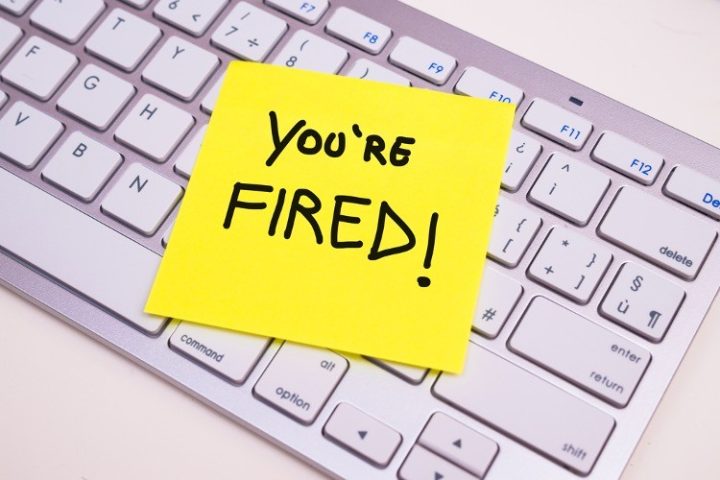
A former Levi Strauss & Co. executive says she was forced out of her job at the San Francisco-based jeans giant for questioning the policy of closing schools to stop the spread of COVID-19.
Jennifer Sey, a former gymnast who had worked for Levi’s since 1999 and rose to global brand president in 2020 — “the first woman to hold this post,” she asserted — wrote a Substack essay detailing the vicious treatment she received at the hands of progressives both inside and outside Levi’s for daring to suggest that keeping schools closed could have detrimental effects on children.
Sey once counted progressives as her allies. “I’ve been a Democrat my entire voting life,” she told Fox Business. “I feel the party has abandoned their principles and I find myself quite politically homeless.”
She wrote that Levi’s had “stood by” her even when she’d made controversial public pronouncements in the past. However, when she began questioning whether shuttering schools under the guise of checking COVID-19 might “cause the most harm to those least at risk,” especially “disadvantaged kids in public schools,” she “was condemned for speaking out. This time, I was called a racist — a strange accusation given that I have two black sons — a eugenicist, and a QAnon conspiracy theorist.”
Soon, she had heard from the head of corporate communications, the legal department, human resources, a board member, and the CEO. “I explained why I felt so strongly about the issue, citing data on the safety of schools and the harms caused by virtual learning,” she penned. But to members of the COVID cult, facts don’t matter; what matters is toeing the public-health “experts’” ever-evolving line even when it flies in the face of science and all previous pandemic-preparedness plans. Thus, “While they didn’t try to muzzle me outright, I was told repeatedly to ‘think about what I was saying.’”
In October 2020, Sey suggested the company — which, she pointed out, has taken public positions on “gay rights, voting rights, [and] gun safety” — speak out against school closures in San Francisco. She was rebuffed, with part of the excuse being “the numerous execs who have kids in private schools.”
Sey refused to be a good company woman and continued advocating for reopening schools. She even moved her family to Denver, Colorado, so her kindergartner could attend school.
“The last straw” for Levi’s, it seems, was an appearance on Fox News Channel’s The Ingraham Angle, Sey recounted. Fellow employees accused her of being “anti-science,” “anti-fat” (i.e., recognizing that obesity has negative health consequences), “anti-trans[gender],” and “racist.”
Sey wrote that the head of “Diversity, Equity, and Inclusion” asked her to make an “apology tour” for not being “a friend of the Black community at Levi’s.” She declined.
By this point, she had come to realize that nothing else mattered but hewing to the official COVID narrative. In fact, she claimed, “The head of HR told me personally that even though I was right about the schools … I still shouldn’t say so.” Last fall, the CEO told her she was in line to succeed him, but only if she’d stifle her school talk.
“Anonymous trolls on Twitter, some with nearly half a million followers, said people should boycott Levi’s until I’d been fired,” wrote Sey. “So did some of my old gymnastics fans. They called the company ethics hotline and sent emails.”
Eventually, the CEO told her it was “untenable” for her to remain, offering her a $1-million severance package. She turned it down, she said, knowing it would require her to sign a nondisclosure agreement; then she quit.
“Free speech and kids are not ‘right wing’ issues and it should not be considered beyond the pale to stand up for these things or even be ‘right wing’ for that matter,” Sey told Fox Business, adding, “It certainly shouldn’t make one unemployable.”
But, as she observed in her essay, Levi’s — like many other corporations — is “held hostage by intolerant ideologues who do not believe in genuine inclusion or diversity.” Worse yet, those who remain at these companies are either “intolerant ideologues” themselves or too afraid of the ideologues to express their disagreement. “In the end,” she lamented, “no one stood with me.”




